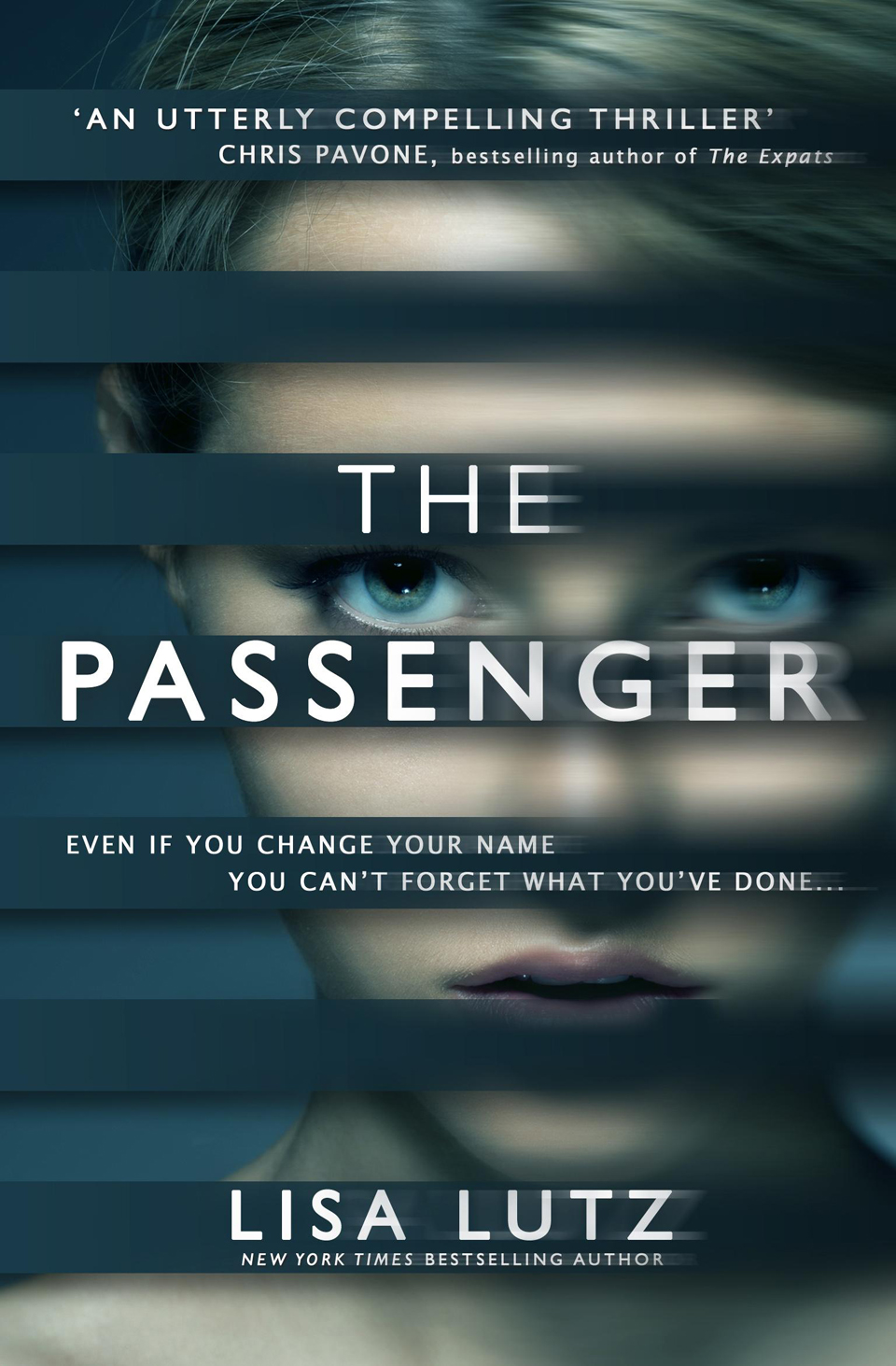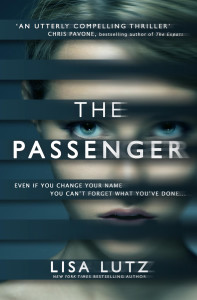
By Nicole Prieto | The Duquesne Duke

Author Lisa Lutz is also well-known for her “Spellman Files” series.
Lisa Lutz’s “The Passenger” begins with a bang. Specifically, the body of Tanya Dubois’s husband, Frank, left dead on the bottom landing of a stairwell from a bad fall — before zigzagging through the endless procedural banality of how to secure and keep a new identity. Lutz’s newly released thriller is the story of a lonely woman taking off on a road trip to escape her past.
Unfazed by her spouse’s untimely demise, Tanya figures she has two options: She can try to get rid of the body and say Frank ran off, or, given that his body refuses to budge, the suspicious circumstances, her lack of an alibi and her unusual amount of apathy, she can avoid the likelihood of people scrutinizing her already fake identity too closely and run off with another one.
What follows is a 30-chapter odyssey into the reasons behind her now-bygone exile. Future readers be warned: This is not the life of a CIA agent or a former spy who lost her memory. The book is a down-to-earth take on what happens when coincidence and a lot of bad luck force an average woman out of a half-life spent hiding in plain sight.
“The Passenger” makes interesting observations on identity in a highly interconnected, digitized world. Tanya’s true past is hinted at in intermittent emails. At her own risk, she keeps up with online reports about Frank’s death, her past aliases, updates on an ex-boyfriend’s family and the statuses of people she may or may not have been complicit in killing.
Lutz’s writing is sparse, but not in the vein of a puritanical acolyte of Ernest Hemingway’s style. Tanya is the kind of smart aleck suited for guiding readers into the tedium of rewriting oneself. Even as she mulls on hair dye or on what drinks her latest persona would be into, it is hard not to smile at her wit; a rusty bathroom sink prompts her to think about her last tetanus shot, and she makes a funeral trip to find an assumable identity sound like a day at the mall.
Sense of humor notwithstanding, stylistically, “The Passenger” comes off as a rough draft traipsing across the continental U.S. Imagine the touristy reflections in “Volkswagen Blues” t-boning the deadly atmosphere of “Blood Meridian,” with Lutz occasionally looking over her shoulder to throw a line of foreshadowing back toward where Tanya last bolted from.
While the book is not free of its contrived scenes, plot-wise, most of Tanya’s encounters while on the run are fairly plausible. It is easy to believe her run-in with a good Samaritan trying to look out for a haunted, young woman with a dead car engine. It is not too hard to imagine her strained conversation with an older woman who, beneath Tanya’s layer of cosmetic changes, just happens to recognize her as the wanted person-of-interest in Frank’s death.
Even less believable scenes work well for dramatic effect. When Tanya unwittingly assumes the identity of someone’s mistress — whose wife just happens to visit their vacation home that Tanya holed up in — the tension is palpable as she tries to navigate her way out of the family’s personal problems.
Still, the book is not afraid of employing happenstance as an excuse to move the plot forward. Tanya’s criminal checklist is predominated by petty larceny and identity theft. The occasional death or two really only lend themselves as reasons for her to keep on the move and avoid awkward questions.
This dissonance in tone infects the entire novel. For a thriller, there is never a sense of world-shattering urgency for Tanya to end up where she is. There is just a pervasive sense of exhaustion as she yet again changes her name, dyes her hair, forces colored contact lenses in her eyes and runs out of money. In a way, Tanya’s life is just the story of an average twenty-something finding herself. Plus occasional murder.
The sad thing is, as a thriller, the book does come into its own in its last chapters. By the end, readers finally understand the behemoth emotional walls Tanya has built between herself and an audience desperate to care about her motives. She narrates how she wound up in her unwanted exile. We feel her fear at her overnight transformation into “Tanya.” We understand her bitter, final encounter with her ex. We just wonder why none of this could have been better hinted at sooner.
No matter the genre, the biggest question a book must answer is, “Why should you care?” Why care about Tanya being on the run? Why care that people seem to want her arrested or worse? Unfortunately, Lutz has a bad habit of giving few satisfying reasons for key plot points. The audience can only expect to be grateful when everything finally comes to a close.
Ultimately, “The Passenger” is less of an action-packed heart-stopper and more of a dark comedy that is part travelogue, part meditation on homesickness — of place and of oneself. Perhaps the word “thriller” does it a disservice. Future readers would do best to just sit back and enjoy the ride, wherever it meanders.


